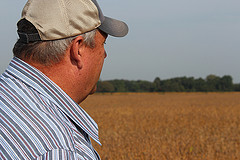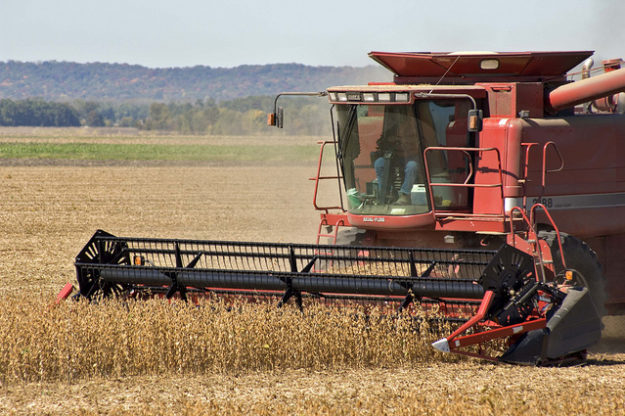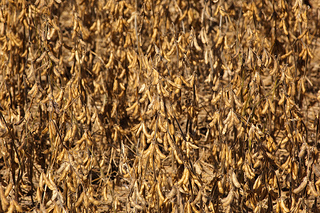Choosing the Right Words to Tell Your Story
As farmers, we are often asked questions about our farming practices or how food is grown.This information is important to consumers and it’s important to answer their questions, and there’s no one better to answer them than the people who grow the food. As you tell your story, however, remember it’s important to use terms…
Details











